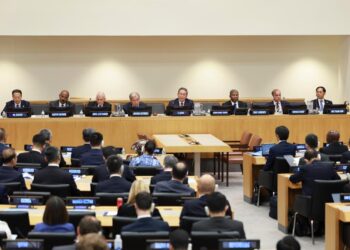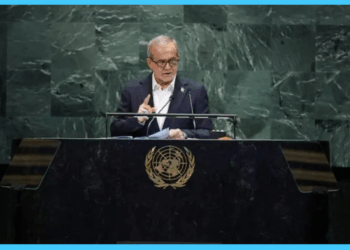PESHAWAR; Khyber Pakhtunkhwa (KP) Governor Faisal Karim Kundi on Thursday strongly criticized the Punjab government over its reported ban on the supply of wheat to KP, calling it unconstitutional and harmful to national unity.
Kundi, who had already expressed concern last week about disruptions in wheat supply, said in a statement on X that Punjab’s decision of August 31 amounted to a violation of Article 151 of the Constitution, which guarantees free trade and commerce across provinces. He argued that such restrictions, imposed without parliamentary approval, undermine both food security and inter-provincial harmony.
He warned that the move had already caused a steep rise in flour prices, with a 20kg bag now selling for around Rs1,200 in Punjab and as high as Rs2,800 in KP, placing immense strain on households already facing inflationary pressure. Kundi urged Punjab Chief Minister Maryam Nawaz to publicly condemn and immediately withdraw the ban. He further pressed the PTI-led KP government to release wheat quotas to flour mills to help stabilize prices.
The KP Assembly on Wednesday also passed a unanimous resolution against Punjab’s “restrictions,” noting that flour prices had surged by nearly 68 percent. Branded flour prices in particular have risen sharply, with a five-kilogramme bag now retailing for Rs700, compared to Rs500 at the start of August.
Punjab authorities, however, deny any formal ban, attributing market turmoil to hoarding and speculative stockpiling. Some analysts also contend that the crisis is less about supply shortfalls—since the wheat crop was harvested earlier this year—and more about traders deliberately withholding stocks to drive up prices.
In response, Chief Minister Maryam Nawaz has given wheat hoarders three days to declare their inventories or face strict legal action. Meanwhile, the federal government has launched a new ‘National Wheat Policy and Wheat Management Strategy 2025–26,’ aimed at ensuring food security, protecting farmers, and shielding consumers from market shocks and climate-related disruptions.

























